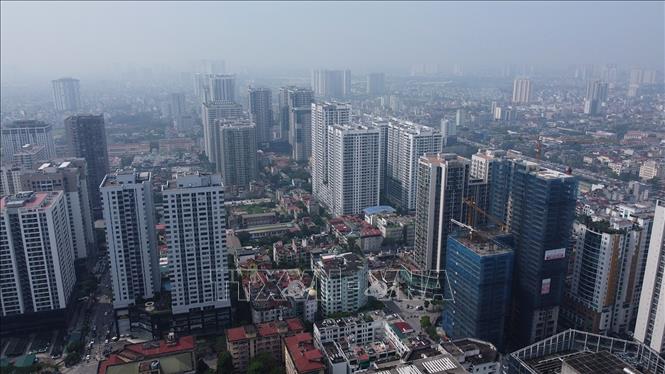
Because currently, many localities have not yet announced plans to organize real estate brokerage certification exams despite the high demand. The implementation of regulations related to real estate brokerage certification exams and certifications still faces many obstacles. The system of organizing exams in localities is almost "inactive", causing worrying consequences for businesses, practitioners and the market.
Many businesses reflect that the common units want to improve the reputation and quality of services, build a professional image in the market because this is an inevitable trend but are "powerless". This is causing hundreds of businesses providing real estate brokerage services to face difficulties because their brokers have not participated in the exams to obtain practice certificates.
Mr. Pham Trung Hieu - Chairman of the Board of Directors of Four Home said: The current Law on Real Estate Business has assigned the right to issue certificates to localities, but the implementation progress is very slow. Those working in the brokerage field expect specific instructions to obtain a practice certificate according to standards.
“Many difficulties and obstacles exist, especially in remote provinces and cities, where there is a lack of coordination between relevant departments, agencies and sectors and clear guidance documents. The lack of transparency in the training and certification process is hindering the official recognition of practitioners’ competence, which risks reducing the efficiency of market operations,” Mr. Hieu analyzed.
The Law on Real Estate Business, Decree 96/2024/ND-CP detailing a number of articles of the Law on Real Estate Business and Circular 04/2024/TT-BXD guiding the framework program for training and fostering knowledge of real estate brokerage practice and real estate trading floor management, which will take effect from August 1, 2024, clearly stipulate: Individuals taking the real estate brokerage practice certificate exam must meet the conditions such as completing the training course, fostering knowledge of real estate brokerage and being granted a valid certificate.
However, the suspension of certification exams over a long period of time has caused many consequences. Although many functional units have organized training courses, the issuance of certificates is still "stuck", causing difficulties for qualified people to practice. Most of the current brokerage force is operating "outside the law", posing risks to both practitioners and customers.
At the same time, a large number of brokers who have completed the course but have not yet been granted a certificate are disrupting the supply-demand connection in the market. This delay not only causes fatigue and reduces the reputation of the profession, but also affects the quality of service and the trust of customers - experts warn.
According to a survey by the Vietnam Real Estate Market Research and Evaluation Institute (VARS IRE), up to 89% of the current real estate brokerage force does not have a practice certificate or the certificate has expired; of which, 51.8% do not have a certificate and have never been trained, 24.1% have been trained but do not have a certificate and 12.8% have a certificate but it has expired. Only 11.3% currently own a valid practice certificate.
VARS IRE's survey of nearly 30,000 brokers also showed that, to date, more than 6,000 students have completed the training program according to Circular No. 04/2024/TT-BXD of the Ministry of Construction guiding the training framework program, fostering knowledge of real estate brokerage practice, and operating real estate trading floors, but have not been able to take the qualifying exam due to difficulties in guiding the organization of the exam in provinces and cities.
Notably, up to 416 brokerage firms reported a shortage of qualified personnel, leading to many brokerage firms being unable to recruit enough legal personnel, directly affecting trading activities and the market recovery process. This has created a “hidden storm” in the brokerage industry. Practitioners are stuck between the expectation of compliance with the law and the reality of no clear path.
This reality reflects the worrying reality of the legality of the profession and also raises an urgent need to standardize the team, enhance training, and make the process of organizing certification exams transparent.
Chairman of the Vietnam Association of Realtors (VARS) – Dr. Nguyen Van Dinh commented: The system of examinations and granting practice certificates is a key factor to standardize the brokerage force but has not been implemented by any locality. This situation makes practitioners fall into a state of confusion.
At the same time, brokerage service businesses face the risk of a shortage of legal human resources to operate trading floors. The delay in issuing a plan to organize the exam, along with the lack of unified guidance and clear definition of the roles of stakeholders, is creating uncertainty and anxiety in the real estate business community.
Sharing the same view, Mr. Hoang Van Cuong - Member of the National Assembly's Economic and Financial Committee commented that professionalizing the brokerage force is a key factor in building a healthy real estate market. An unprofessional team will not be able to ensure the sustainable development of the market.
However, Mr. Cuong explained that the organization of the real estate brokerage practice certificate exam is facing many challenges, partly because the provinces and cities are in the process of restructuring their administrative apparatus. In addition, another major difficulty is that the responsibility for developing and securing the exam questions is assigned to the Chairman of the Provincial Examination Council. This also creates great pressure for the localities.
“To be flexible, provinces can mobilize the participation of real estate organizations and businesses to reduce the burden in this process,” Mr. Cuong suggested.
Faced with this urgent situation, VARS proposes that, in order for the professionalization of real estate brokerage to proceed smoothly and in compliance with legal regulations, state management agencies at all levels and localities should promptly develop and approve plans to organize qualifying exams. In particular, the number of exams must be sufficient to ensure that the needs of the majority of brokers are met.
There should also be discussion and agreement between localities with close locations to ensure appropriate organization time, both supporting brokers in arranging and moving, and being flexible, avoiding waste. In particular, the quality factor must be emphasized to ensure fairness, transparency and efficiency. Absolutely do not allow the form of "buying a degree" to occur, affecting the quality of real estate brokerage activities later.
Source: https://doanhnghiepvn.vn/kinh-te/gian-nan-chuan-hoa-moi-gioi-bat-dong-san/20250505081156945






![[Photo] President Luong Cuong presided over the welcoming ceremony and held talks with Sri Lankan President Anura Kumara Dissanayaka](https://vstatic.vietnam.vn/vietnam/resource/IMAGE/2025/5/5/bbb34e48c0194f2e81f59748df3f21c7)
![[Photo] President Luong Cuong and Sri Lankan President Anura Kumara Dissanayaka visit President Ho Chi Minh relic site](https://vstatic.vietnam.vn/vietnam/resource/IMAGE/2025/5/5/0ff75a6ffec545cf8f9538e2c1f7f87a)














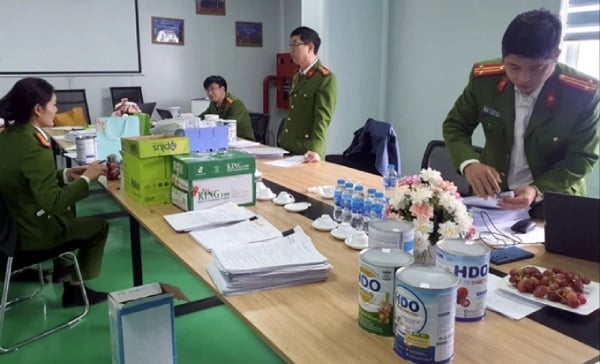
![[Photo] Solemn opening of the 9th Session, 15th National Assembly](https://vstatic.vietnam.vn/vietnam/resource/IMAGE/2025/5/5/ad3b9de4debc46efb4a0e04db0295ad8)






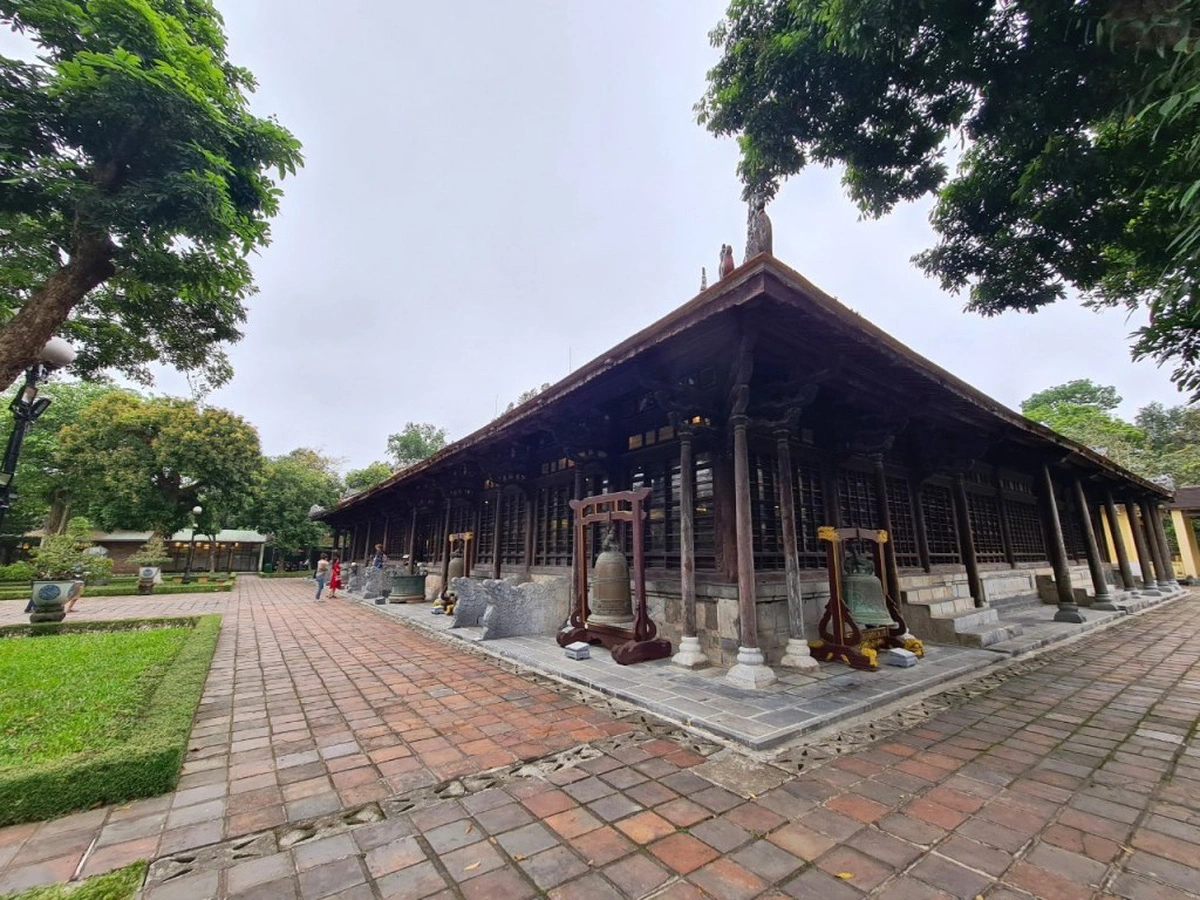












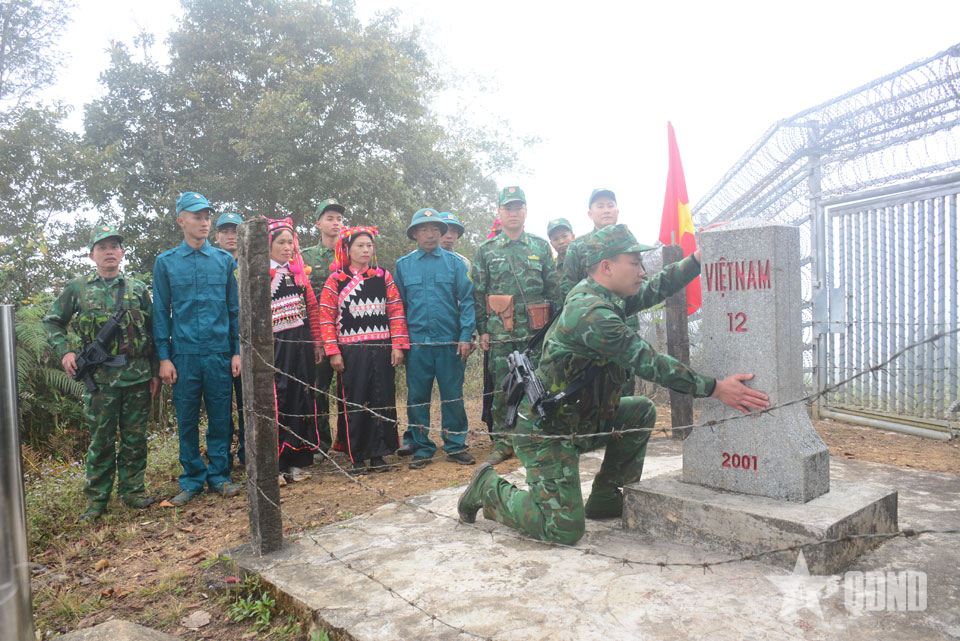
















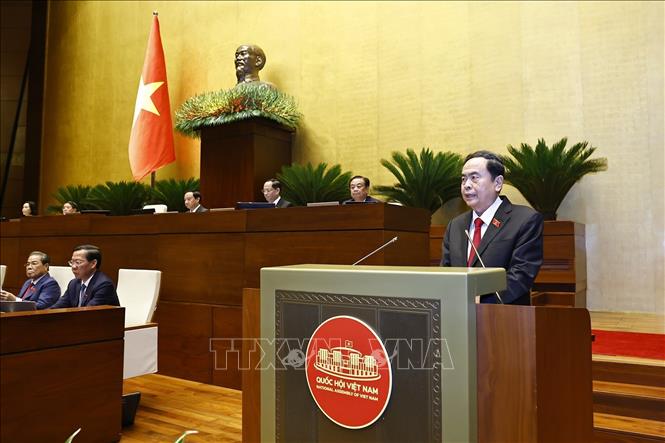






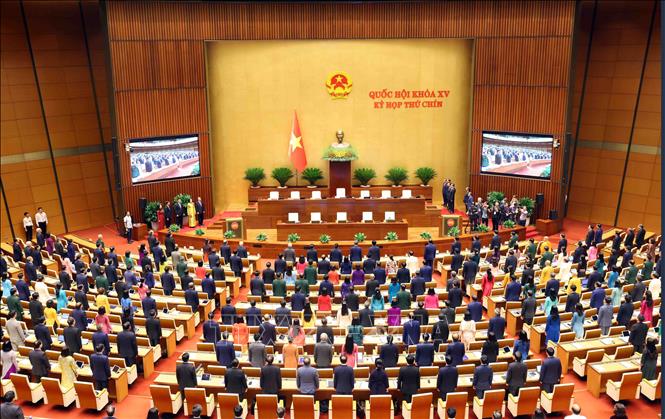


















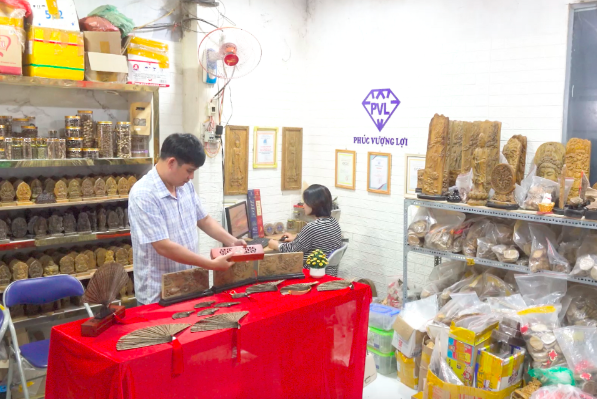



Comment (0)